Research & Studies
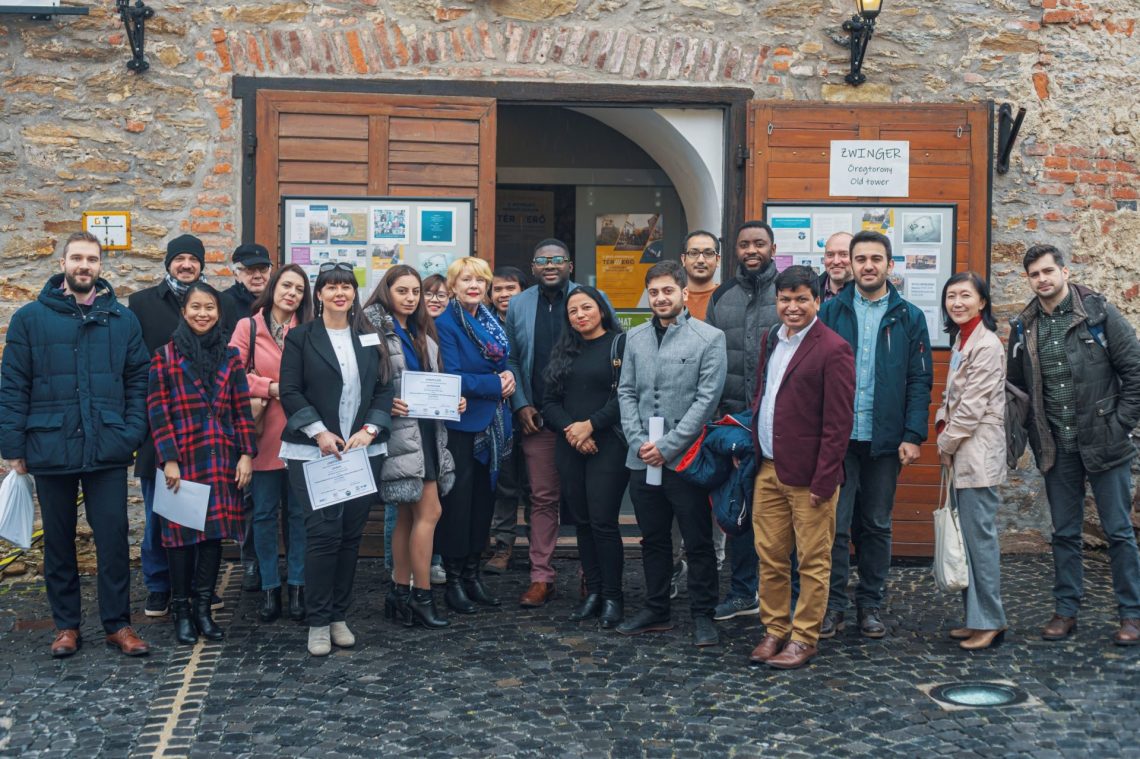
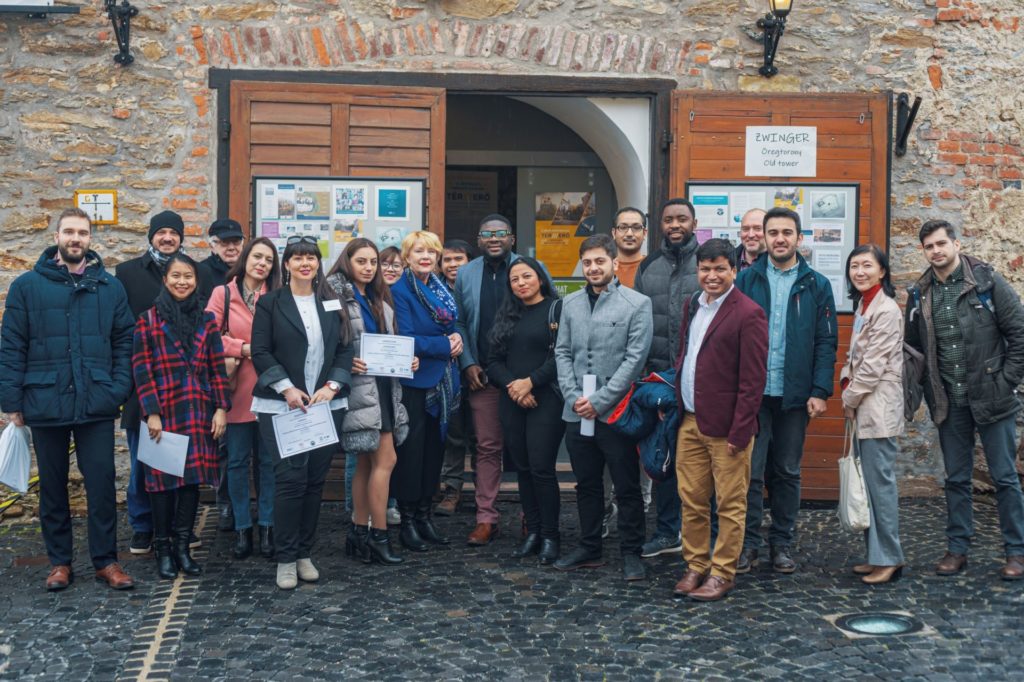
UNESCO Winter School at the Kőszeg Institute of Advanced Studies
‘Education and love. Neither fame and power, nor self-accomplishment can match these enduring values’. Sándor Kerekes, former Deputy Rector of Corvinus University in Budapest led off his keynote presentation with this quote from Arthur C. Clark, the author of the sci-fi classic Rama at the Winter School at the Institute for Advanced Studies Kőszeg. The five-day meeting, held under UNESCO’s ‘Social Transformation Management (MOST)’ program, discussed why public confidence is diminishing and how it may be restored.
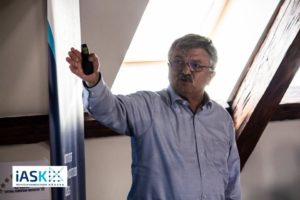
The timeliness and interest in the topic were demonstrated by the fact that participants – researchers, academics, public administration and civic movement practitioners – traveled from 25 countries to iASK in Western Hungary.
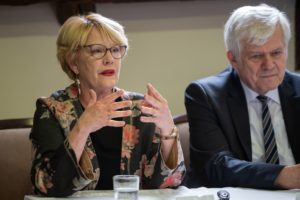 In her lecture, senior iASK researcher Jody Jensen pointed out: “Trust is a pragmatic concept but also has a moral dimension. Reliability is more important than trust, so how reliable, competent and honest are the institutions of society?’ she asked. Research shows that the institutions of today are not able to satisfy the dual condition of competence and ethical behavior, which is an essential prerequisite for trust.
In her lecture, senior iASK researcher Jody Jensen pointed out: “Trust is a pragmatic concept but also has a moral dimension. Reliability is more important than trust, so how reliable, competent and honest are the institutions of society?’ she asked. Research shows that the institutions of today are not able to satisfy the dual condition of competence and ethical behavior, which is an essential prerequisite for trust.
Trust is falling despite of the fact that GDP per capita on Earth has doubled in recent decades – the world lives better than ever before. At the same time, technology is advancing at a dizzying pace, and the concentration of wealth is taking on astronomical proportions. Social tensions are rising, national governance is weakening, geopolitical tensions are spreading, and climate change is accelerating. This has serious consequences – including mass intercontinental migration. Trust is a victim of growing global challenges. The social contract we know has come undone.
While confidence in political and economic actors has been fundamentally shaken, faith in science and culture has increased. Hungary is no exception: the Hungarian Academy of Sciences leads the list of trusted institutions of the country.
The task facing societies is enormous.
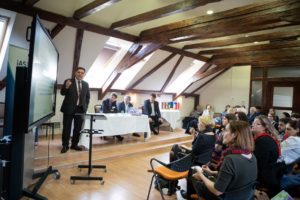 In opening the conference, Mladen Andrlic, Ambassador of the current EU President Croatia in Hungary stressed that his country’s mission is to develop realistic and meaningful responses to the pressing challenges of European societies and to serve the needs of European citizens as best as possible.
In opening the conference, Mladen Andrlic, Ambassador of the current EU President Croatia in Hungary stressed that his country’s mission is to develop realistic and meaningful responses to the pressing challenges of European societies and to serve the needs of European citizens as best as possible.
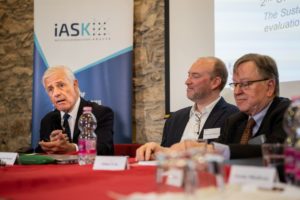 Sean Cleary, vice president of the Future World Foundation and a member of the FTI Advisory Board, believes that a new social contract is required; one which can, among other things, offer a meaningful response to deep social inequality, transform education and skills development and can generate social capital and cohesion for better burden-sharing.
Sean Cleary, vice president of the Future World Foundation and a member of the FTI Advisory Board, believes that a new social contract is required; one which can, among other things, offer a meaningful response to deep social inequality, transform education and skills development and can generate social capital and cohesion for better burden-sharing.
Gábor Soós, Secretary-General of the Hungarian National Committee for UNESCO, drew attention to the role of the World Organization in this task. Among other things, he recalled that UNESCO had recognized more than 70 years ago that peace and understanding must be based on the intellectual and moral solidarity of humanity.
The event, held February 24-28, was the second after 2019 and was supported by the United Nations Educational, Scientific and Cultural Organization’s Management of Social Transformations (MOST) program, in collaboration with the University of Pannonia and the ISES Foundation.
You can find the video-lectures and the concept of the UNESCO MOST IWS 2020 HERE!
© 2017-2023, All Rights Reserved